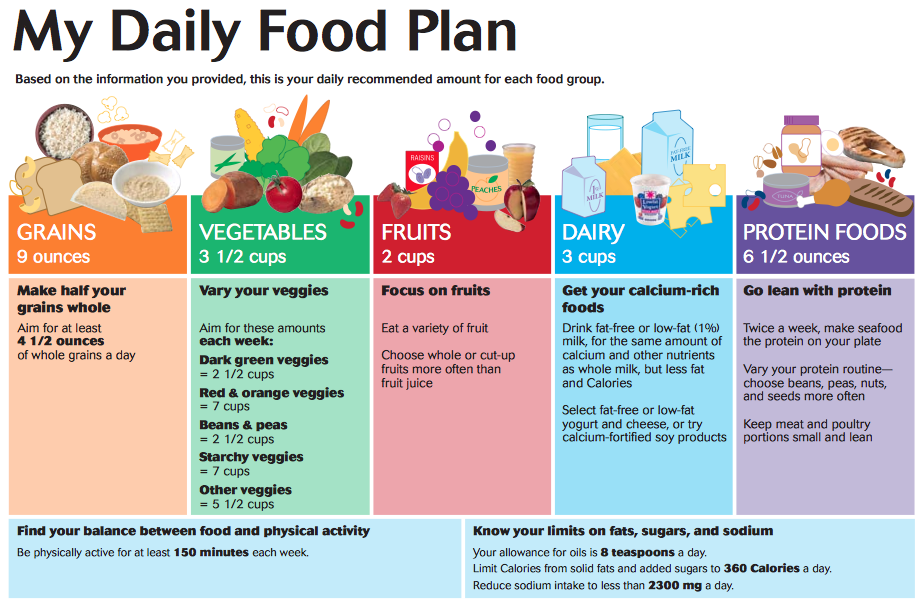All too often we are told what do to and are not shown how to do it. Online video, seminars, and lectures are great for disseminating large quantities of nutrition and exercise information, but how effective are they in facilitating behavior change? I’m sure many of you are aware that you should drink eight 8-ounce glasses of water, eat 5 servings of fruits and vegetables, get 4+ servings of whole grains, eat a diet low in saturated fat, and perform a minimum of 30 minutes of exercise each day for optimal health.
For most of us these “suggestions” have been thoroughly drilled into our heads as something we need to do on a daily basis to “be healthy” but how do we actually accomplish this? I have been told hundreds of times to eat more fish. How do you think that’s gone for me? Answer: Not well.
People are fond of saying that knowledge is power. However, what is knowledge if you don’t know how to use it?
We can watch online videos, we can read tutorials, we can listen to lectures, but unless we are actually practicing these behaviors in a hands on, real world setting, how effective are these methods? If video is so great why do we even bother employing teachers anymore? Why don’t we just make a ton of Khan academy type videos and make teaching as extinct as dinosaurs? Because learning is unscripted. Learning is spontaneous. Because learning is hands on.
People are unique individuals, each with diverse responsibilities, obstacles, and day-to-day challenges. Telling someone to drink more water or eat more fruits and vegetables without first learning about each individual’s unique responsibilities, obstacles, challenges, and preferences is short sighted.
As a society (and many health related businesses as well) we value efficiency over effectiveness. We would much rather spend a small amount of money on a quick fix or a fad diet to remedy our problems only to fail, repeat, fail, repeat, and fail again. In the end, we spend more money over numerous failures than we would have otherwise spent on getting to the root of the problem and fixing it from the start.
One of the things I pride myself on is that I am constantly working to develop materials that help people discover how they can incorporate good nutrition and exercise habits into their own personal, unique, individual lives.
Technology (and videos) are great but they can’t solve everything. Seminars and lectures disseminate large amounts of information quickly, but don’t necessarily lead to any meaningful change. Top ten lists may be idea generators, but are, for the most part, pointless.
Instead of relying on people to tell you what to do (there’s plenty of them out there), have someone show you how to do it. I can tell you what to do (establish your own nutrition rules, make fitness and nutrition a priority in your life, answer the who, what, when, where, why, and how questions of grocery shopping, utilize a recipe manager to plan your meals and grocery shopping, expand your exercise toolbox by taking new exercise classes or hiring a personal trainer, and track your physical activity with a Fitbit) but I would rather have the opportunity to show you how to do it!
Todd M. Weber, PhD, MS, RD
